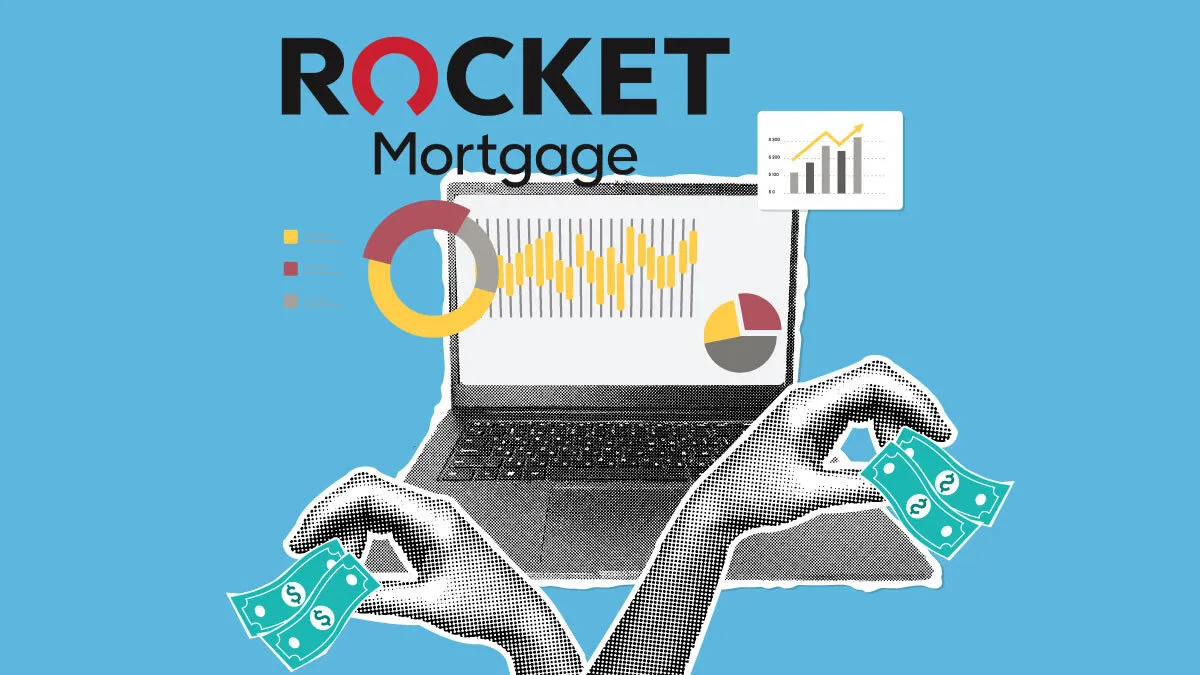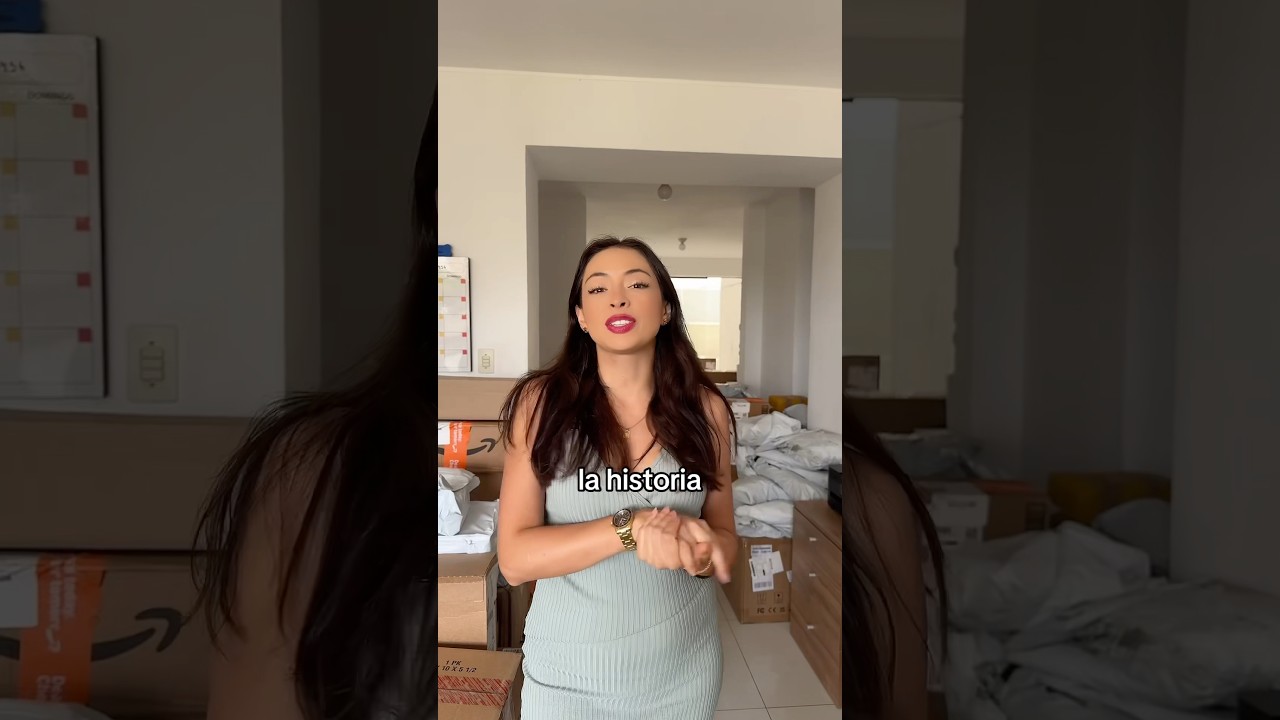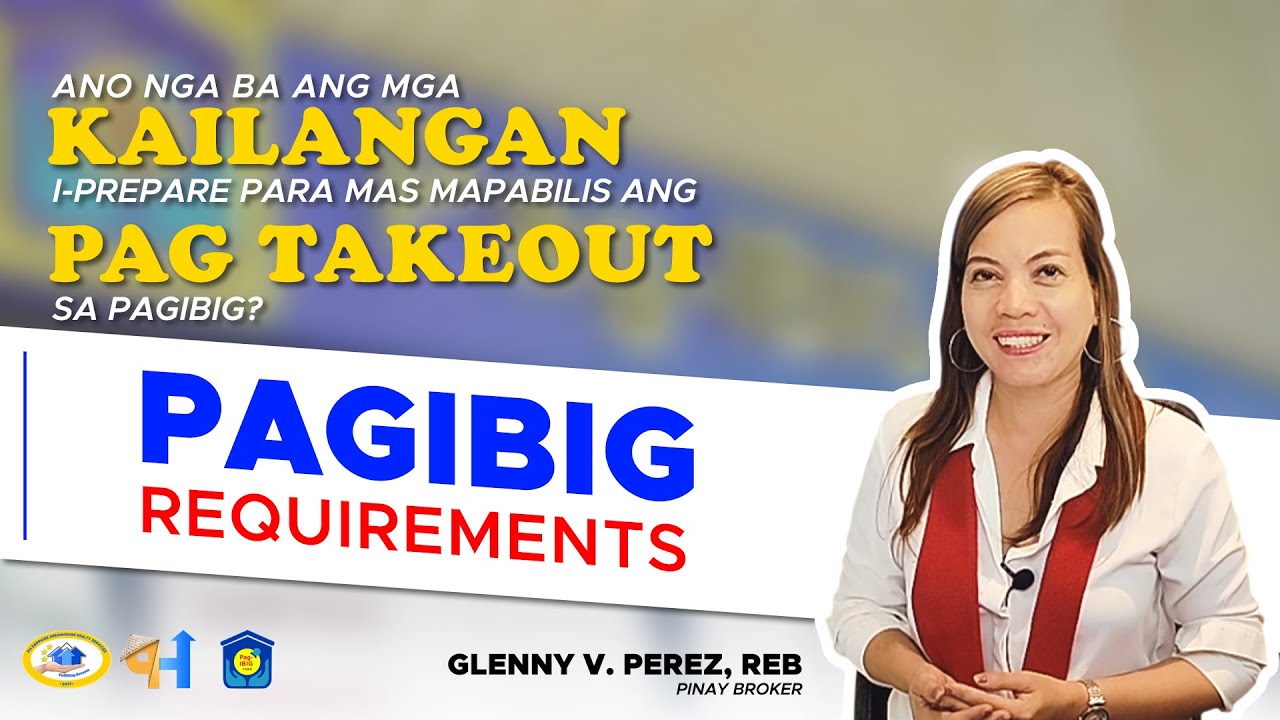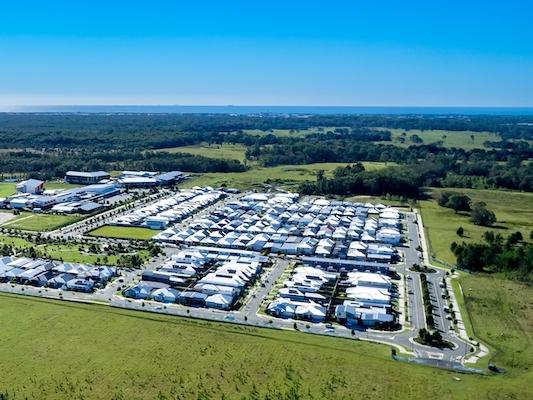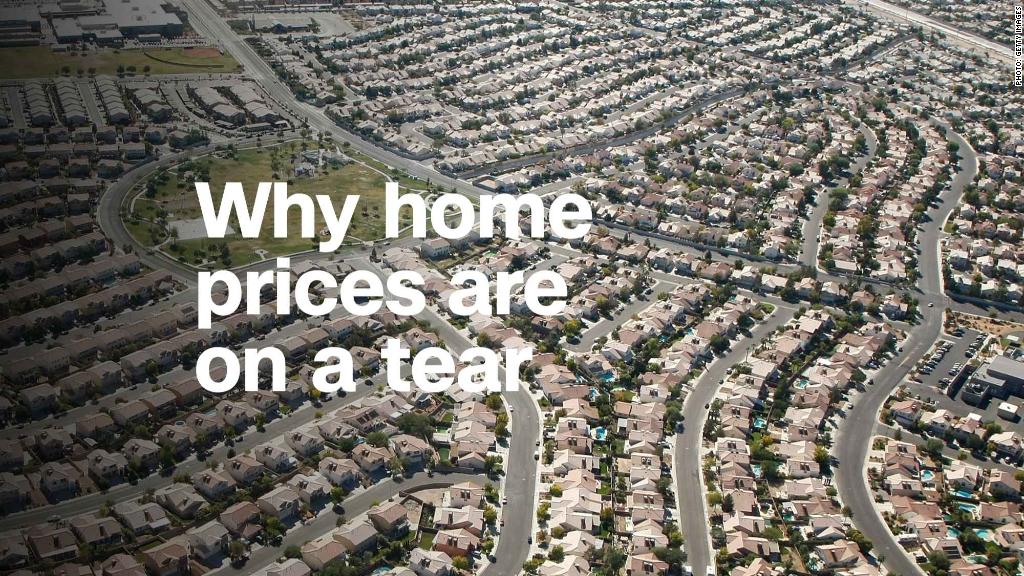

Question: I am tired of paying rent and thinking about buying a home, but I’m worried about the added cost and responsibility. How do I know if I am ready?—Kate
The transition from renter to homebuyer is a big one.

Owning your own home gives you assurance that your monthly housing costs will never go up, (assuming you get a fixed-rate mortgage). Landlords can jack up your rent when you are least expecting it.
But home ownership also comes with added responsibility. When something breaks in your rental unit, it’s a quick call to the landlord to get it fixed. Homeowners are on the hook for both making and financing any repairs.
It’s a big financial leap to becoming a homeowner. Experts recommend asking yourself these questions before you start out house hunt:
Do you know how much you can afford?
Take the time to calculate how much home you can afford to buy.
This isn’t the time to ballpark numbers. Overcommitting to a mortgage payment can leave you house poor, meaning there’s very little money left over at the end of the month for other things.
Add up all your spending, including current rent, food, transportation and discretionary expenses like travel, eating out and entertainment Don’t forget to include debts like student loans and car payments.
Once you know how much you have coming in and going out each month, determine a number you can afford to spend on housing.
Related: 5 ways to afford your first home
Generally, personal finance experts recommend aiming to spend around 28% of your monthly income on housing.
Getting pre-approved for a loan will also help give you a sense of your housing budget. But note that just because a bank agreed to give you a loan, doesn’t mean you have to spend that much.
“In my experience, [lenders] are always trying to get [buyers] to buy a home for more than they can afford or are comfortable with,” said Francine Duke, a certified financial planner in the Chicago area and former mortgage underwriter.
Do you have a down payment?
You don’t need a 20% down payment to get a loan. But putting more down can work in your favor. It can help you get better lending rates, beat out the competition in hot housing markets and will lower the amount of interest you pay over the life of a loan.
You can get a mortgage with as little as a 3.5% down, but anything less than 20% means paying private mortgage insurance (PMI), which will increase your monthly payment.
Working to save for a large down payment shows financial responsibility and gets you used to living on a strict budget.
“When you really work to save enough to get 15%-20%, it shows you have a meaningful commitment,” said Bill Van Sant, certified financial planner and senior vice president at Univest Wealth Management.
Will you have money left over after closing?
Your bank account shouldn’t be zero after closing.
You should still have an emergency savings fund that will cover around three to six months of living expenses on hand.
Related: Home prices are on an epic run
In addition to the emergency fund, Van Sant recommends having six to nine months of mortgage expenses available.
“First-time homebuyers are typically looking at older homes because of their lower price point, and they require more work. You need that ‘hanging around’ money, in case the A/C or heater goes.”
Is your credit in good shape?
You want to get your credit score as high as possible when shopping for a mortgage. The higher the score, the better the lending terms and rates.
A credit score of 750 and up is generally considered excellent and will make you the most attractive borrower.
Have you paid down other debts?
Your debt-to-income ratio plays a major role in the health of your finances.
You can calculate your debt-to-income ratio by adding up all your monthly debt payments and dividing it by your gross monthly income.
The general rule of thumb is your debt should not exceed 43% of your available credit to take out a mortgage.
Related: Even rising mortgage rates won’t stop homebuyers
Where do you see yourself in five years?
If you don’t plan on staying in an area for more than a couple of years, buying a house might not make financial sense.
The huge upfront investment including the price of the home, plus the added costs like taxes, closing costs and escrow fees, might take a while to pay off.
“Make sure you have roots there and will be staying,” said Van Sant. “Some Millennials have no problem not being tied down to an area and jump around the country … buying might not be the best bet if you don’t plan on sticking around.”
CNNMoney (New York) First published April 26, 2018: 10:01 AM ET


